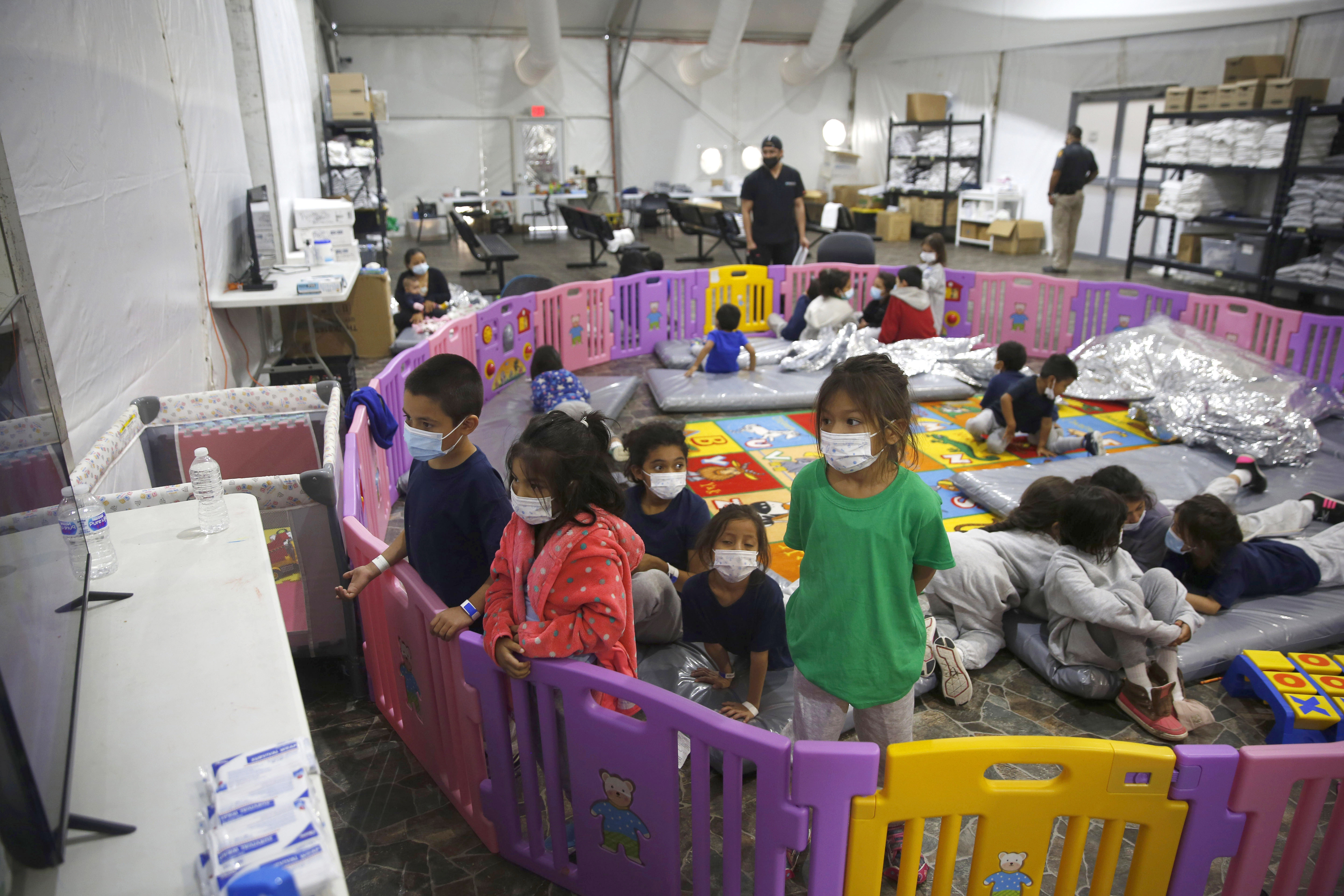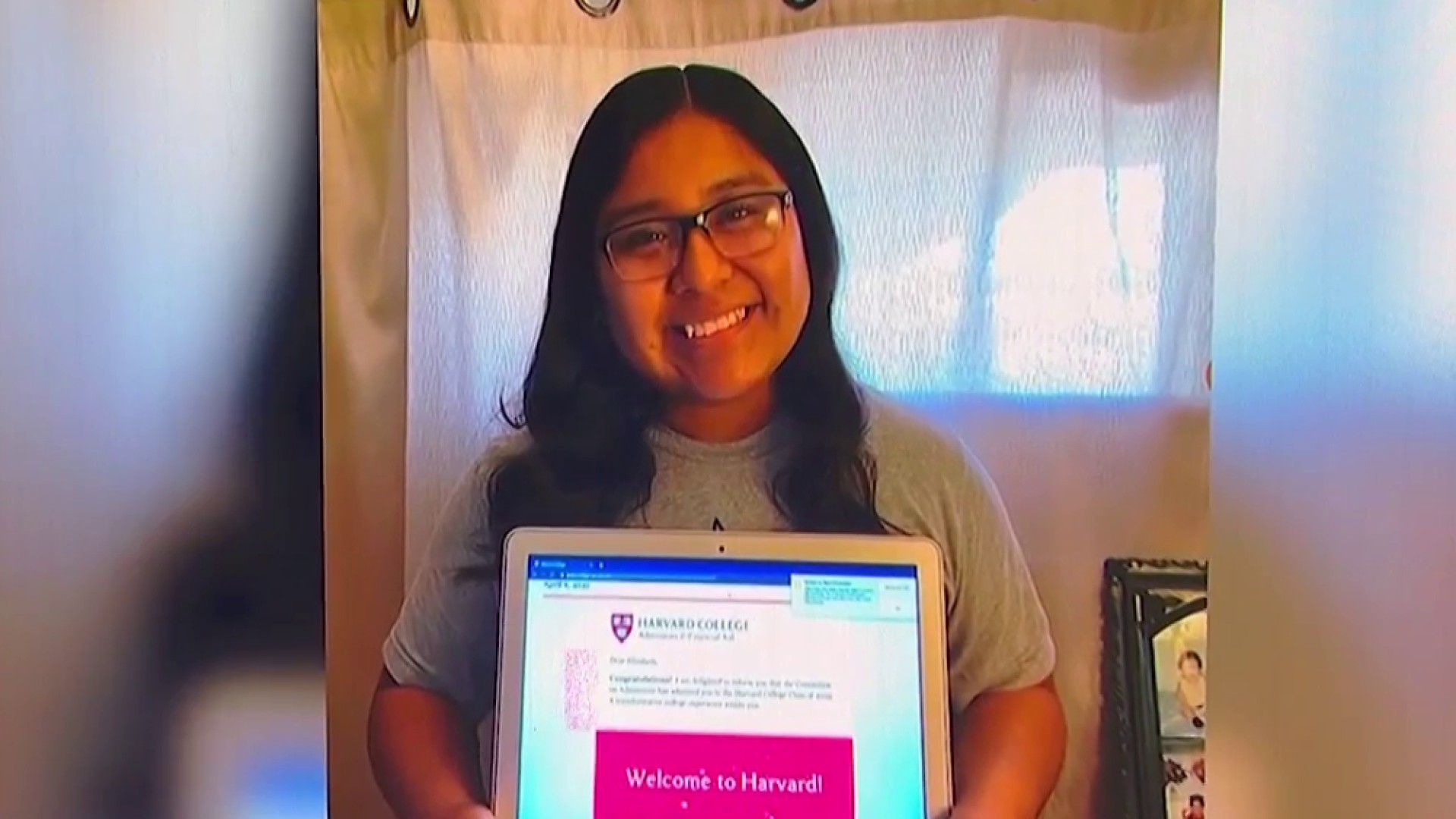
Thousands of unaccompanied children continue to crowd the southern border and are being placed in government custody in juvenile centers, waiting to be reunited with relatives or foster families.
Jason, who started the trip from Honduras with two cousins and a friend, all minors, is one of them.
The four friends began the journey in search of the "American Dream" in October. They left Honduras for Guatemala by bus, and they crossed into Mexico on rafts. After that, they crossed three Mexican states by foot until they ran out of money.
"We were always looking for a way to move forward keep going to and people were very supportive," says Jason, who shared his journey with our sister station Telemundo 52.
Get top local stories in Southern California delivered to you every morning. Sign up for NBC LA's News Headlines newsletter.
Jason and his companions managed to reach the Mexican southern state of Veracruz, where they boarded "the beast," also known as the "train of death." There, the young migrants witnessed the death of a woman who was also trying to reach the United States.
"The train ran over her and shattered her to pieces, but no one got off. She was just left there," says Jason.
After a month, he crossed the border in El Paso, Texas. There he was sent to a detention center where he spent 34 days.
"I always watched as everyone's cases progressed, and they all left," says Jason. "I was almost the last one to leave."
Jason was raised by an aunt in Honduras, so he turned to his only relative who lives in Los Angeles: a cousin who welcomed him into her home.
"Not all of us are lucky enough to get help on this side," says Jason.
The organization El Rescate, in Los Angeles, is in charge of at least 300 cases including Jason's. One of the lawyers who helps unaccompanied minors assures that the legalization process is long.
“If the child is from Guatemala, El Salvador, or Honduras, he or she practically needs to wait four years,” says Fausto Falzone, a lawyer for El Rescate.
The problem, says the lawyer, is that there are no visas available due to the large number of unaccompanied children crossing the border from the three Central American countries.
The first step is to file a family petition in a California court. "Then, a judge can decide whether he lets you stay," explains Falzone.
However, the process to obtain residency can take up to three years. Many of these young people run the risk of turning 21 and having their immigration process rejected.
Jason entered the country at 17, and right now he is 18. Fortunately, he is in the custody of his aunt and faces a normal process.
However, those without a guardian can end up in immigration limbo and never be legalized. Some minors, says the lawyer, are even abandoned by foster families.
"We have seen two or three cases where the children were approved for their visas, but we cannot figure out where they are," says Falzone.
This story first appeared on NBCLA's sister station, Telemundo 52. Haz clic aquí para leer esta historia en español




